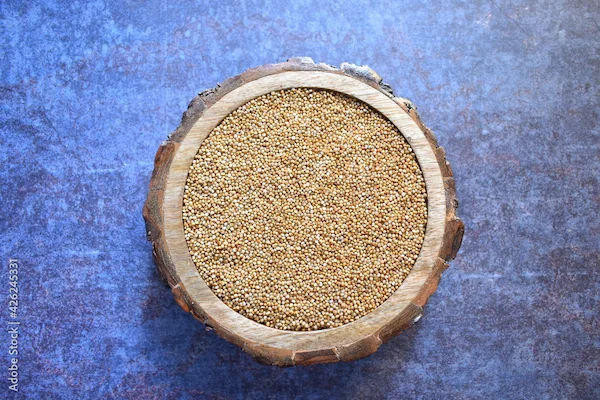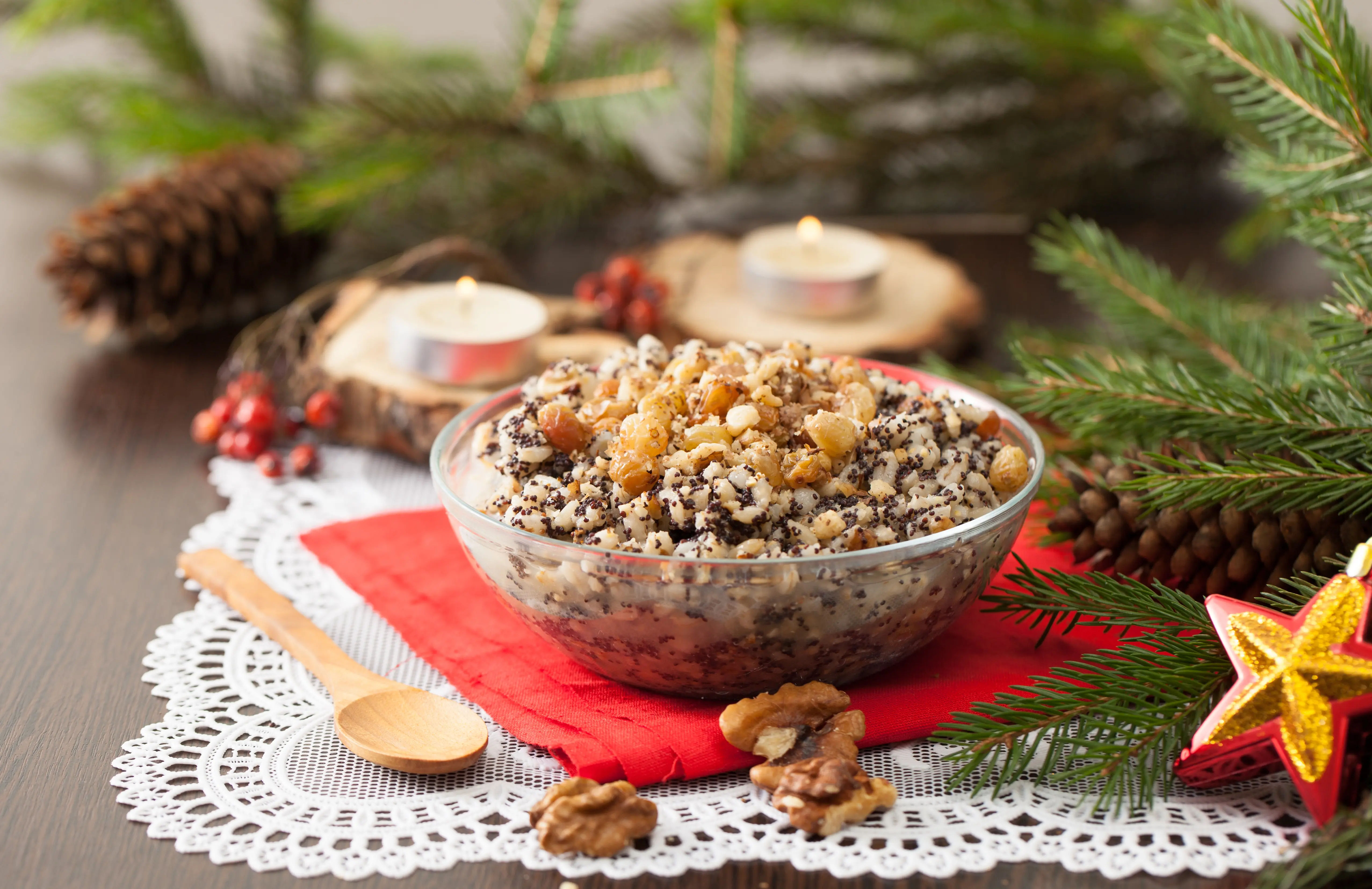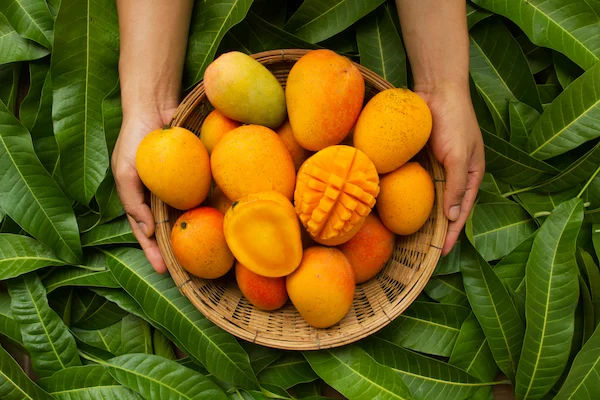Millets and Diabetes: Health Benefits Explained
Know how millet and diabetes can be used for benefit. What are the comparisons of GI in millets and precautions while using millets in diabetes?

Written by
Last updated on 21st Jul, 2025

Introduction
Living with diabetes can be challenging, but making the right food choices can help manage blood sugar levels effectively. One such superfood that has gained attention for its diabetes-friendly properties is millet. If you're looking for a nutritious, low-glycemic alternative to refined grains, millets might be the perfect addition to your diet.
In this article, we’ll explore how millets benefit people with diabetes, their nutritional value, and simple ways to include them in your meals.
What Are Millets?
Millets are small-seeded grains that have been a staple in traditional diets for centuries, especially in India and Africa. Unlike refined wheat or rice, millets are whole grains, meaning they retain their fibre, vitamins, and minerals. Some common types of millets include:
Foxtail Millet
Pearl Millet (Bajra)
Finger Millet (Ragi)
Sorghum (Jowar)
Barnyard Millet
Little Millet
These grains are naturally gluten-free, making them a great option for people with gluten intolerance or celiac disease.
Consult Top Nutritionists
Consult Top Nutritionists
Why Are Millets Good for Diabetes?
1. Low Glycemic Index (GI)
The Glycemic Index (GI) measures how quickly a food raises blood sugar levels. Millets have a low to medium GI, meaning they release glucose slowly into the bloodstream, preventing sudden spikes.
Pearl Millet (Bajra): GI ~ 54
Finger Millet (Ragi): GI ~ 68
Foxtail Millet: GI ~ 52
Compared to white rice (GI ~ 73) or wheat flour (GI ~ 70), millets are a much better choice for diabetes management.
2. High Fibre Content
Millets are rich in dietary fibre, which slows down digestion and keeps you full for longer. This helps in:
Stabilising blood sugar levels
Reducing insulin resistance
Preventing overeating and weight gain
3. Rich in Magnesium
Magnesium plays a crucial role in insulin sensitivity. Many millets, like ragi and bajra, are excellent sources of magnesium, helping the body use insulin more effectively.
4. Packed with Antioxidants
Millets contain polyphenols and flavonoids, which reduce oxidative stress and inflammation—common issues in diabetes.
5. Supports Gut Health
The prebiotic fibre in millets promotes healthy gut bacteria, which is linked to better blood sugar control.
How to Include Millets in Your Diet
Switching to millets doesn’t have to be difficult. Here are some simple ways to add them to your meals:
1. Replace Rice or Wheat
Use foxtail millet or barnyard millet instead of white rice in pulao or khichdi.
Try ragi roti or bajra roti instead of wheat chapati.
2. Healthy Breakfast Options
Ragi porridge with nuts and seeds.
Jowar upma with vegetables.
3. Snack Smart
Bajra or jowar popcorn (a healthier alternative to corn popcorn).
Millet-based ladoos (made with jaggery instead of sugar).
4. Millet Salads
Cooked little millet with cucumber, tomatoes, and lemon dressing.
Precautions When Eating Millets
While millets are beneficial, moderation is key. Here are a few things to keep in mind:
Portion Control: Even healthy grains can raise blood sugar if eaten in excess. Stick to ½ to 1 cup per meal.
Soak Before Cooking: Some millets contain anti-nutrients that can interfere with digestion. Soaking them overnight helps reduce this.
Monitor Blood Sugar: Every person reacts differently to foods. Check your glucose levels after eating millet to see how your body responds.
Final Thoughts
Millets are a nutrient-dense, diabetes-friendly alternative to refined grains. Their low GI, high fibre, and magnesium content make them an excellent choice for managing blood sugar levels. By incorporating millet into your diet in creative ways, you can enjoy delicious meals while keeping diabetes in check.
Consult Top Nutritionists
Ms. Lakshmi Tejasvi
Clinical Nutritionist
14 Years • M.Sc - Clinical Nutrition
Hyderabad
Vibgyor Nutri, Hyderabad

Dr. Bhukya Pavan Kalyan
General Physician
5 Years • MBBS DNB Paediatrics
Bengaluru
PRESTIGE SHANTHINIKETAN - SOCIETY CLINIC, Bengaluru
Dt. Ila Sharma
Clinical Nutritionist
18 Years • Master in food & Nutrition
Gurugram
VIPUL GREENS - SOCIETY CLINIC, Gurugram
Dr Sumanth R
General Physician
2 Years • MBBS
Bengaluru
PRESTIGE SHANTHINIKETAN - SOCIETY CLINIC, Bengaluru
Mrs Sneha P V
Nutritionist
10 Years • Master of science in Food and Nutrition
Bengaluru
Apollo Clinic, Sarjapur Road, Bengaluru


.webp)

